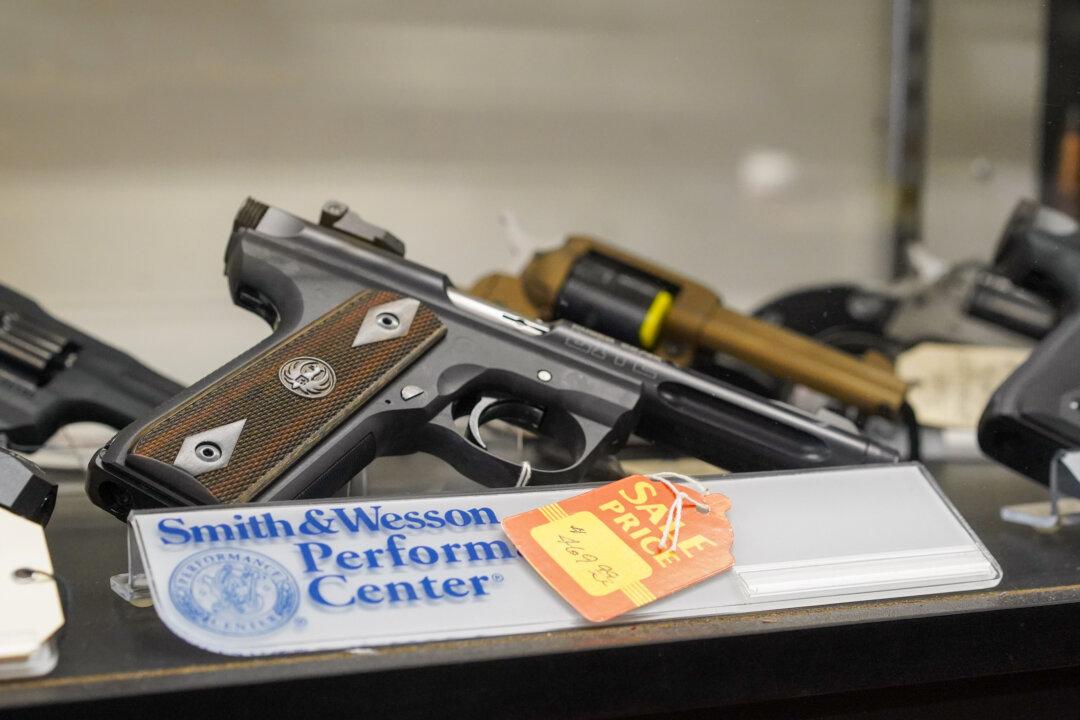The first day under a New York law requiring a background check for ammunition purchases passed quietly for ammunition sellers who spoke to The Epoch Times. But one man said the new system could be a security nightmare.
“In my eyes, it’s an overreach. What’s it going to do to help society as a whole?” Mike Onysko, manager of McLain’s Sporting Goods in Endicott, New York, told The Epoch Times.





